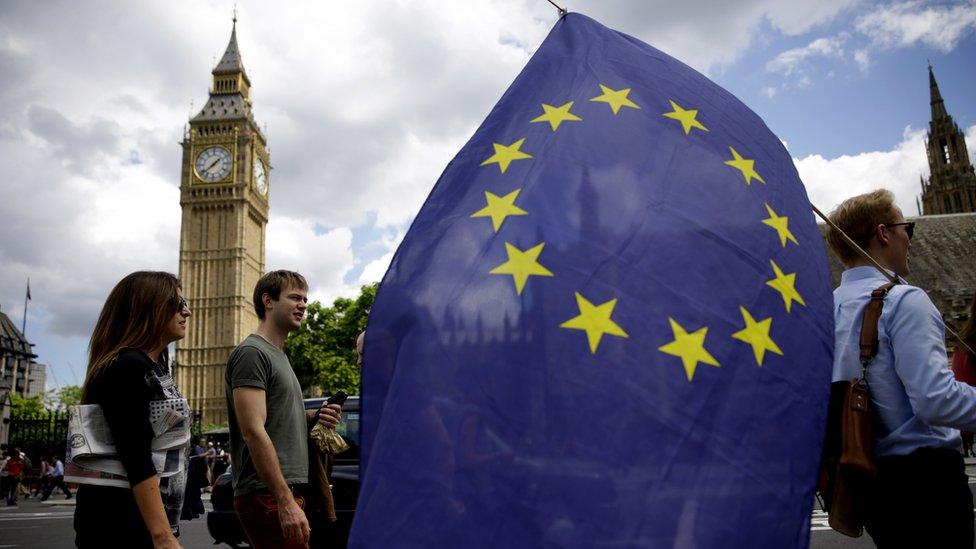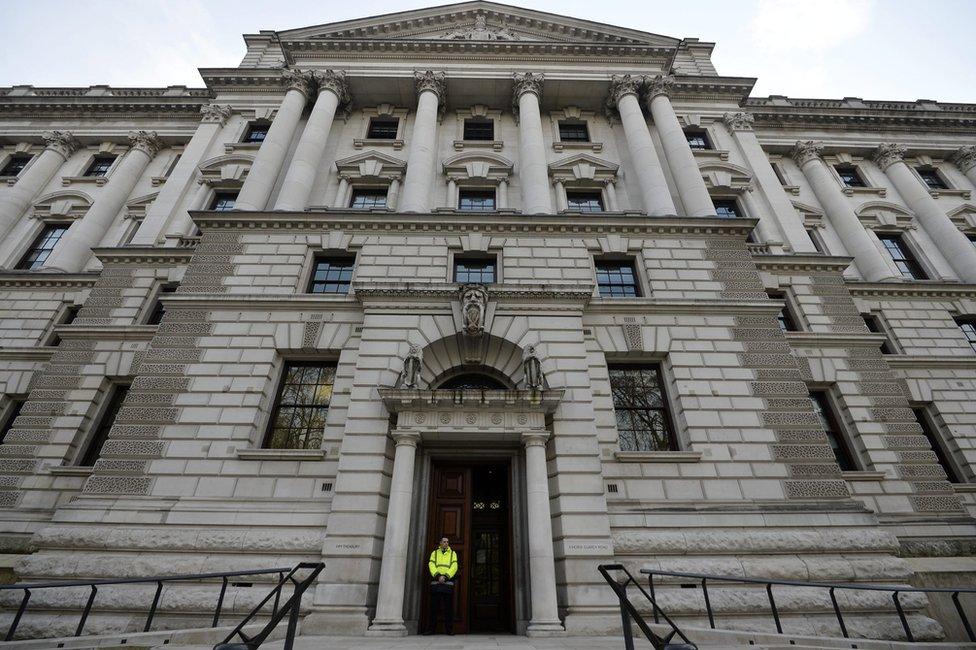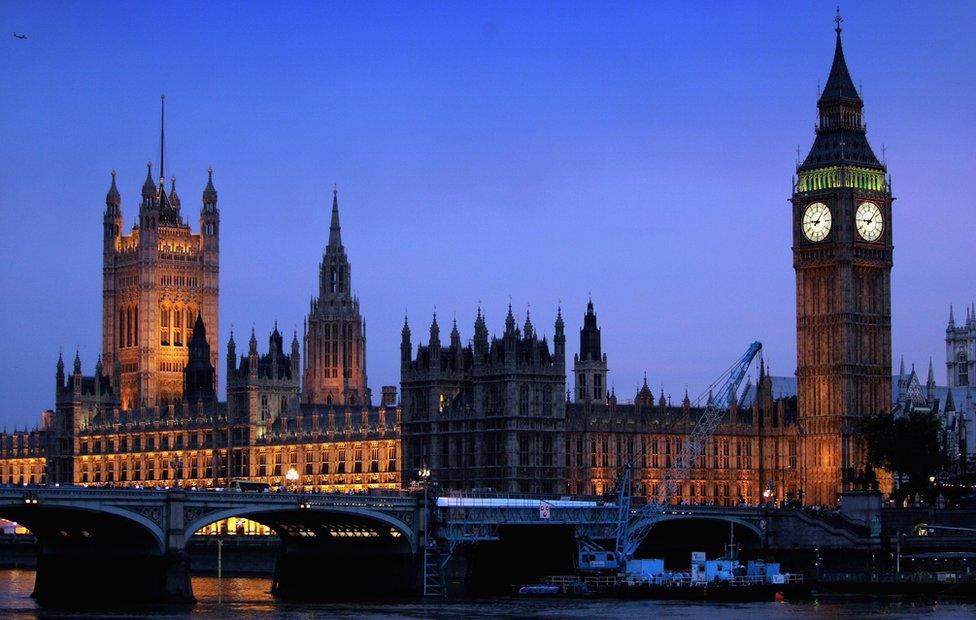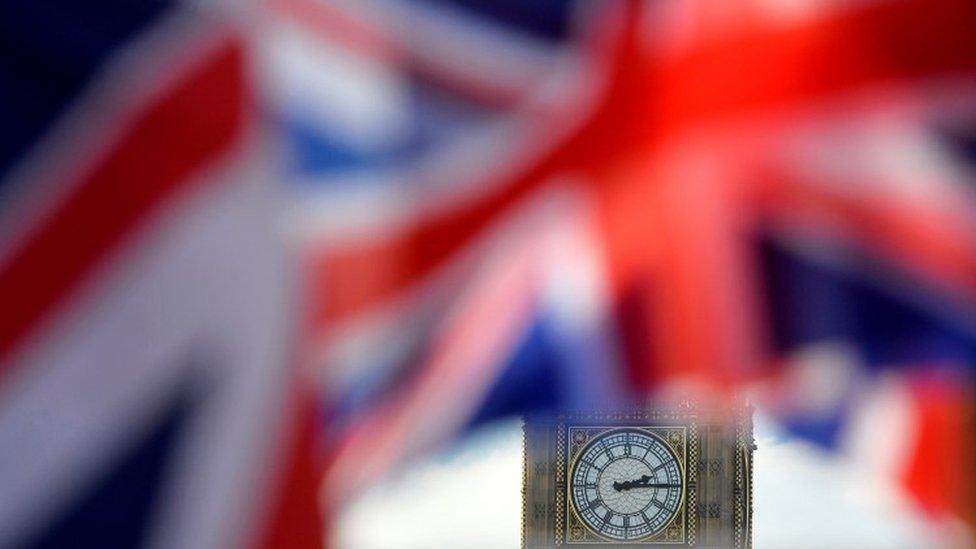EU referendum: Is Britain ready for Brexit?
- Published

Senior EU figures have made it clear they want the UK to start negotiating its exit shortly. But is Britain ready for the job?
The BBC has been told there could be as few as a dozen experienced trade negotiators in Whitehall and the challenge may dominate Parliament for a decade.

Has the UK made plans?
As recently as May, officials insisted there were no contingency plans for leaving the EU.
Chancellor George Osborne later said they were ready to deal with financial instability after the vote, but leaving the EU will be a much bigger job.
Does it have the people to do the job?
Probably not. The former top official at the Foreign Office, Sir Simon Fraser, told BBC Radio 4's Today programme: "I doubt there are more than between a dozen and 20 serving British officials who have real experience of trade negotiations."
For years the UK didn't need them as the job was done in the EU. Now hundreds are required, says Sir Simon.

Officials are ready for Brexit negotiations, Chancellor George Osborne has said
Will this stop Parliament doing other work?
Sir Andrew Cahn, former head of UK Trade and Investment and a Remain campaigner, told Today the civil service faced its biggest challenge since World War Two.
He said: "The legislative programme required to create the new policies which will be domestic policies to replace European policies must be a decade's worth of Queen's Speeches.
"It must fill up the parliamentary legislative agenda for as far as the eye can see."
Of course there will be other laws and priorities. Government will go on. But finding time in Whitehall and Parliament will be more challenging than before.
Do we know how the UK will leave?
Not in detail, because we don't know who will be in charge.
The key decision about when to trigger the two-year negotiating period to leave - known as invoking Article 50 - will be made by the new prime minister.
Vote Leave did set out a plan of action earlier this month, including repealing the European Communities Act so EU treaties are no longer part of UK law by the end of the decade.

Finding time in Parliament could be more challenging than before the referendum
What happens if EU rules lapse before new ones are written?
One idea discussed in Whitehall is writing the EU regulations that govern everything from genetically modified food to vacuum cleaners into UK law so Parliament can change or remove them in its own time after Brexit.
Simon Gleeson, partner at the law firm Clifford Chance, says ministers will have to do this. "You can't have blank areas in a legal system," he says.
How much of EU law the UK wants to keep will be a crucial political decision on which MPs and peers will want a regular say.
Changing things too radically could make it harder to do business with the EU. Keeping everything as it is would miss the opportunities of leaving.
Does this make getting out of the EU too difficult?
No. The civil service and parliament will need new staff and probably new ways of working, but both will find ways to manage.
The Cabinet Office says it has clear instructions from the British people and new ministers will use the authority of a referendum victory to make change happen in Brussels and at Westminster.
If this is a big job, Leave campaigners can point out, it only goes to show how much power lay with the EU.
Taking control though is not going to happen overnight.
What some dubbed "independence day" could end up being an independence decade.
- Published29 June 2016

- Published24 June 2016

- Published24 June 2016